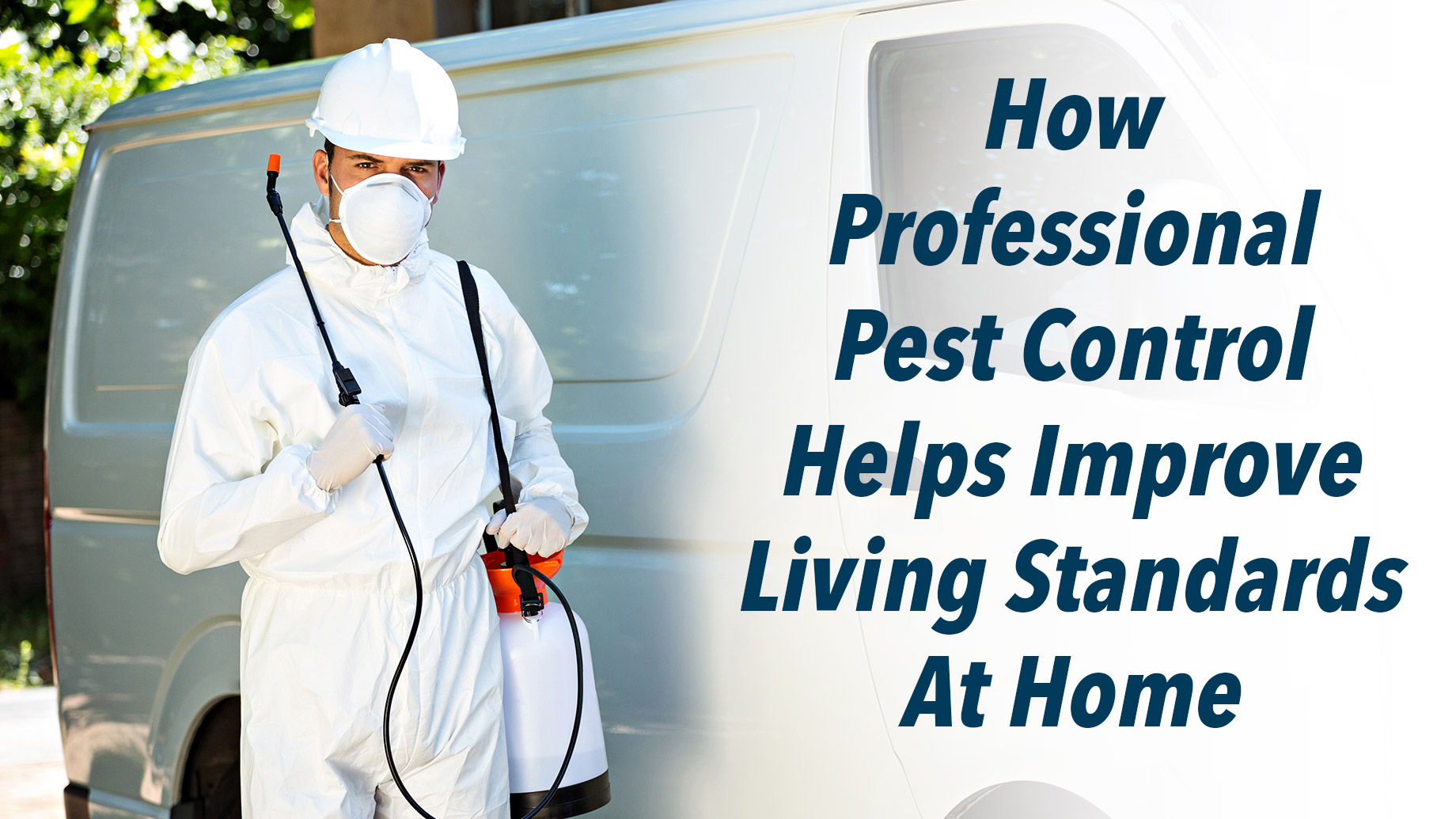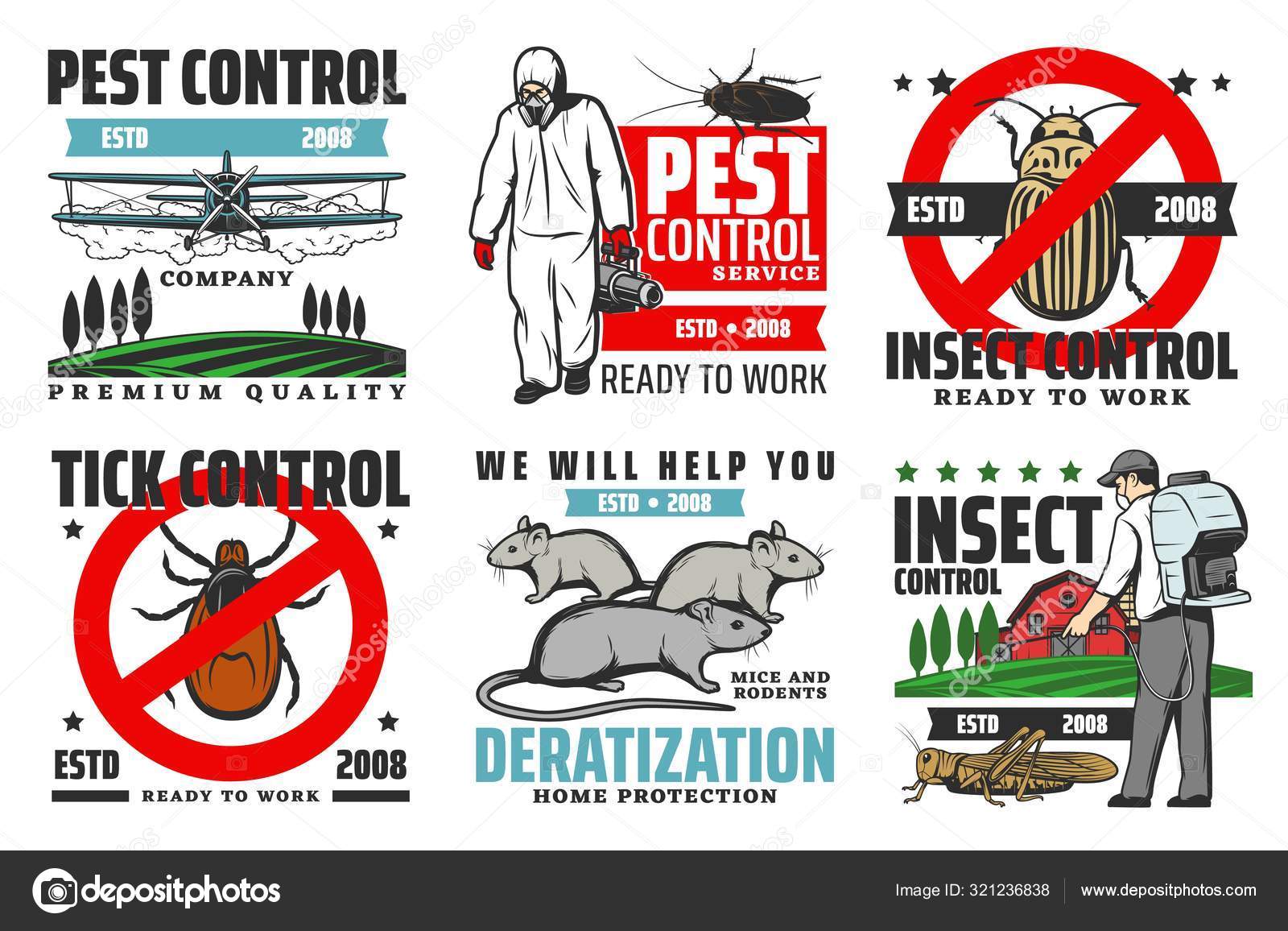Comprehending the Numerous Methods to Bug Control: A Comprehensive Guide

All-natural Bug Control Approaches
Using green techniques such as friend growing and organic bug control is essential for properly managing pests in agricultural settings. Friend growing includes growing different plants in distance to prevent insects, enhance nutrient uptake, and boost total crop health. As an example, growing marigolds together with tomatoes can help ward off nematodes. Intercropping maize with legumes can interfere with the reproduction patterns of pests like corn borers.
Biological parasite control includes presenting natural killers or pathogens to manage pest populations. Ladybugs, as an example, prey on aphids, managing their numbers without the demand for chemical pesticides. Another instance is making use of Bacillus thuringiensis (Bt), a microorganism that targets specific insect bugs while being safe to humans, pets, and beneficial bugs.
These green techniques not just reduce the reliance on artificial chemicals but likewise aid preserve biodiversity and soil health and wellness. By incorporating natural bug control strategies into agricultural techniques, farmers can accomplish sustainable bug management while reducing unfavorable influences on the setting.

Chemical Parasite Control Solutions
In addition to natural insect control techniques, the use of chemical parasite control remedies plays a significant role in efficiently managing pest populations in agricultural environments. Chemical insect control services are developed to target particular bugs that may trigger comprehensive damage to crops. These services typically consist of synthetic pesticides that are designed to eradicate pests quickly and successfully.
Among the crucial benefits of chemical pest control solutions is their efficiency in managing insect invasions on a large scale. Farmers can apply these options making use of different approaches such as spraying, fumigation, or seed therapy to safeguard their crops from damaging pests, weeds, and conditions. In addition, chemical parasite control solutions are relatively easy to apply and can offer fast outcomes, assisting farmers protect their returns and lessen economic losses.
Nonetheless, it is necessary to make use of chemical insect control remedies sensibly to decrease potential unfavorable impacts on the atmosphere, non-target microorganisms, and human health. Appropriate application strategies, adherence to safety and security guidelines, and routine monitoring are important to ensure the accountable usage of chemical pest control options in agricultural methods.
Organic Parasite Control Approaches
Biological insect control comes close to utilize all-natural predators or microorganisms to manage bug populations in agricultural setups effectively. This method uses a environment-friendly and lasting solution to pest management, minimizing the dependence on artificial chemicals and minimizing harm to the atmosphere. One usual organic control approach is the introduction of all-natural adversaries, such as ladybugs or parasitical wasps, to target details pests. These predators feed upon the insects, assisting to manage their populaces normally - pest control clovis.
An additional organic control approach entails making use of microorganisms like fungis, germs, or viruses to contaminate and eliminate insects. These microbial agents can be splashed on crops or introduced right into the soil to combat numerous insects without harming useful insects or various other wildlife. Additionally, using scents to disrupt the mating patterns of bugs is one more effective organic control method. By hindering their recreation, this method assists to minimize insect populaces without the requirement for chemical treatment. Generally, organic insect control approaches use a sustainable and targeted option to pest management in farming. go to these guys
Integrated Pest Administration (IPM)
Integrated Pest Management (IPM) is a comprehensive technique that incorporates various insect control approaches to efficiently take care of and minimize pest populations published here in agricultural systems. IPM concentrates on long-term prevention of bugs via a combination of biological, social, physical, and chemical control methods. By incorporating these various approaches, IPM aims to minimize dependence on chemical pesticides, minimize environmental effect, and advertise sustainable insect administration techniques.
One key element of IPM is the usage of organic controls such as all-natural killers, bloodsuckers, and virus to regulate pest populations. This method utilizes the power of nature to preserve a balance between insects and their natural opponents without triggering injury to the environment.
Furthermore, IPM includes social techniques like crop rotation, sanitation, and habitat manipulation to create negative problems for bugs and disrupt their life cycles. Physical controls such as mulches, obstacles, and traps are additionally used to avoid parasite invasions.
Mechanical and Physical Parasite Control Methods
Utilizing non-chemical approaches, such as mechanical and physical parasite control methods, is a critical element of comprehensive bug management methods, building upon the structure of Integrated Pest Administration's holistic technique. Mechanical insect control entails the usage of physical obstacles or catches to stop pests from accessing and harming plants or structures. This approach can consist of techniques like mounting screens on windows, making use of row covers in agriculture, or utilizing sticky catches to capture insects.
Physical bug control approaches, on the other hand, focus on straight eliminating insects with physical methods. For instance, utilizing warm therapies to eradicate bed insects or vacuuming up bugs like crawlers or ants read the article can be effective methods to handle problems without making use of chemicals. By incorporating these physical and mechanical parasite control techniques into an Integrated Bug Monitoring plan, specialists and people can reduce reliance on pesticides while still properly managing pest populations and reducing damage.
Conclusion

In addition to all-natural insect control approaches, the use of chemical pest control options plays a considerable duty in efficiently taking care of pest populations in farming environments.One of the crucial advantages of chemical bug control solutions is their efficiency in regulating insect problems on a large range.Integrated Pest Administration (IPM) is a comprehensive technique that incorporates various bug control methods to effectively handle and decrease pest populations in agricultural systems.Making use of non-chemical methods, such as mechanical and physical insect control techniques, is a vital element of detailed parasite monitoring approaches, constructing upon the structure of Integrated Bug Administration's alternative technique. By integrating these physical and mechanical insect control methods into an Integrated Insect Management plan, specialists and people can decrease reliance on chemicals while still properly taking care of pest populaces and decreasing damages.